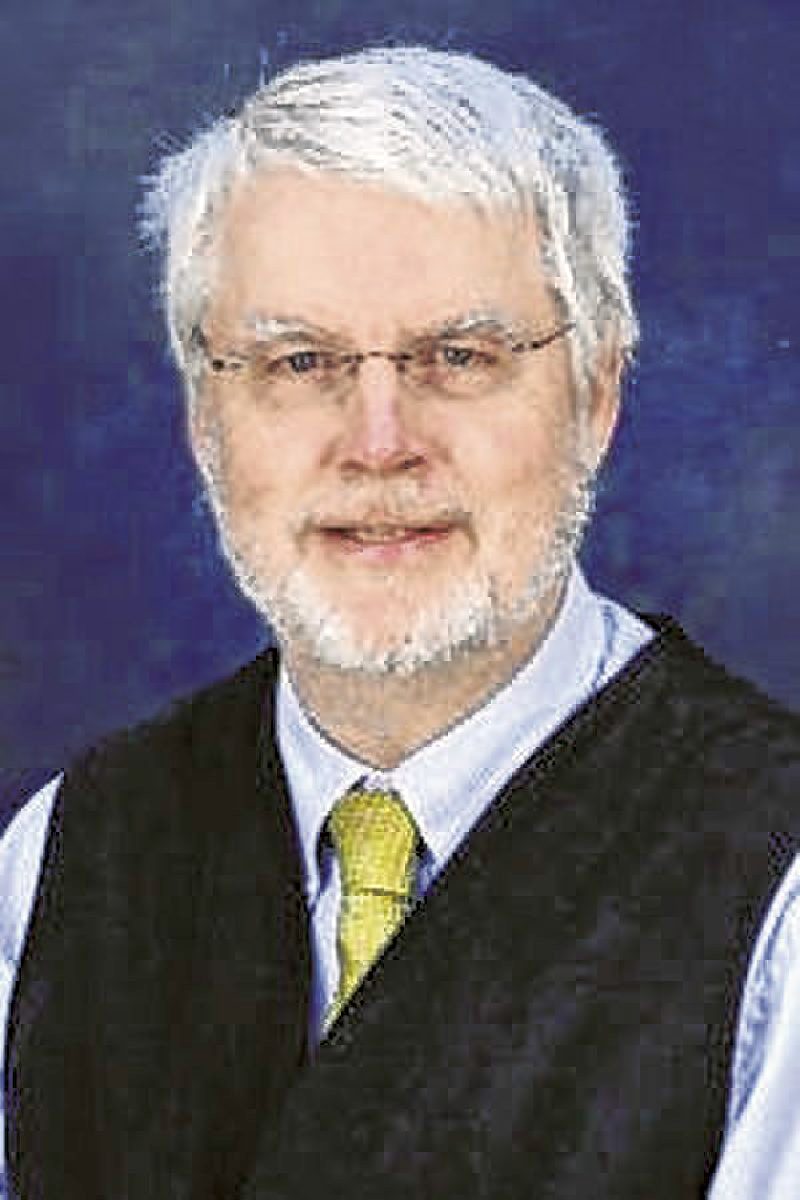About 15 years ago, when I saw retirement on the distant horizon, I started to wonder what my life as a retired person would be like.
I suppose I was doing what is called “retirement planning,” but I wasn’t concerned solely with the financial aspects of retirement.
If a person’s school years count as the beginning of his or her work life, I’d been working without a break since I was four years old. Whether it was school, first jobs or, finally, my career in education, all I’d known was rising each day and thinking of the work awaiting me. I couldn’t imagine what life would be like without that structure.
Consequently, in the years leading up to retirement, I paid attention to friends who were not just enjoying this phase of their lives, but continuing to live active and meaningful lives. I even began to ask them questions or request advice about retirement.
One of the friends I consulted was the choir director at the little church we attended in the summer. After retiring from a career as a music teacher in high schools, my friend remained busy creating and leading community choirs for over a decade.
Many of those community choir members were also retired, and they were clearly grateful to my friend for providing this outlet. In addition to that, my friend hosted a program of classical music every Tuesday morning on the local NPR station.
When I asked my friend my question—“What makes for a good retirement?”—he responded by sharing that if a person were blessed, she would have two retirements. The first retirement, he suggested, was somewhat like her life before, except that a person in first retirement can choose what to be busy with. He smiled as he said that many people in their first retirements are as busy as, if not busier, than they were when they worked full-time.
The second retirement, he said in greater seriousness, comes when health concerns prevent people from carrying on this busy first retirement. This, he let me know, was what he was approaching. And, true to his word, he soon after gave up both the radio program and the choir directing to move to a retirement community closer to his children and grandchildren.
At that point, I lost track of my friend, but I bet the musical programs in that retirement community received a big boost when he and his wife became residents.
While music isn’t my passion, writing is, and so, I’ve consulted older authors whom I admire about what makes for a good retirement. One of the authors whom I admire the most, Norman Maclean, had passed away by the time I came asking, but I found his answer to the question by reading his writings.
Maclean is the author of A River Runs through It, a semi-autobiographical novel set in his late adolescent and early adult years. From my first reading of the novel, I realized that this was one of the finest American novels about the emotional lives of men. Later, I learned that Maclean wrote A River Runs through It when he was 73, after he retired from a long teaching career at the University of Chicago.
It struck me that Maclean’s busy life as a university professor had prevented him from writing this story of family tragedy earlier. No, this was a story, although set in Maclean’s early years, that he couldn’t tell until he was an older person—yes, until he was in retirement. Only then could Maclean see the past clearly; only then could he see the meaning that ran through his family story like a river.
My musical friend and Norman Maclean have much in common. Both understood that retirement offered not just losses, but opportunities.
From both of these mentors, I’ve learned that retirement at its best is the ripening of a person’s passion, like the ripening of fruit, that one can share with others. My friend’s love of choral music did not enhance only his life, but the lives of hundreds of singers in northern Wisconsin. And A River Runs through It did not only help Maclean make sense of his family’s tragedy. The book has also helped thousands of readers find the wisdom that is buried in their own family stories.
The good news for people my age is that retirement, as is true of all the other stages of life, offers opportunities for continued growth and for greater generosity. I thank my friend and Norman Maclean for helping me see this.
David Carlson of Franklin is a professor emeritus of philosophy and religion. Send comments to [email protected].




